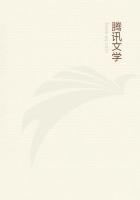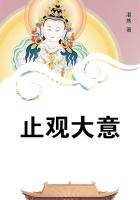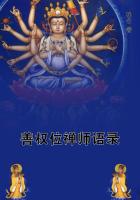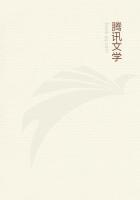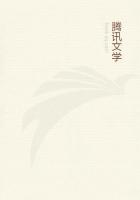Several of the Protestant ministers, alarmed by these measures, opened a violent campaign against Popery, particularly in London where anti-Catholic feeling was easily aroused. The king appealed to the Bishop of London to moderate the fanaticism of his clergy, and as the bishop was unable or unwilling to comply with this request, the king established once more a king of High Commission Court, to be presided over by a number of bishops and laymen, with the avowed object of keeping the clergy in subjection.
As Parliament had refused to abolish the Test Act James II. determined to make use of the dispensing powers which he claimed to have as king.
To compensate for the absence of parliamentary confirmation, it was decided to secure the approval of the judges. For this purpose Sir Edward Hales, a recent convert to Catholicism, was brought into court for having accepted and retained a commission in the army without having made the necessary declarations. Hales pleaded as his excuse that he had received a dispensation from the king, and that consequently he was not obliged to comply with the terms of the Test Act. The plea was accepted by the judges and the case against the defendant was dismissed. As a result of this decision James II. felt free to confer civil and military offices on Catholics. Four Catholic peers, Lord Bellasis, Powys, Arundell of Wardour and Lord Dover, were sworn in members of the privy council (1687), and later on Father Petre, a Jesuit, took a seat at the council board. For the latter the king sought to obtain a bishopric and a cardinal's hat, but Innocent XI., who was not an admirer of the imprudent haste shown by James II.
for the conversion of the English nation, nor of his alliance with Louis XIV., refused to grant either request. By virtue of royal dispensations a Catholic master and three fellows were appointed to some of the Oxford colleges.
The Tory party that had been so loyal to the king hitherto, took offence at the favour shown to the Catholic body, and as there could be no hope of winning their approval for the measures he had in contemplation, James II. determined to appeal to the Dissenters. The Earl of Rochester was dismissed from his office, and the Earl of Clarendon was recalled from Ireland. In April 1687 a Declaration of Indulgence was published, granting ******* of worship to Dissenters and Catholics, and abolishing all religious tests as necessary qualifications for office. For a time it seemed as if the king were likely to secure the support of the Nonconformists, particularly as measures were taken through the lords-lieutenant of the various counties to influence public opinion in their districts. But the hatred entertained by the Dissenters for Rome overcame their gratitude to the king for the liberty he had granted them, and they preferred to live in bondage rather than allow the Catholics to share with them the advantages of religious toleration. The appointment of several Catholic lords to the very highest offices of state, the public welcome given to the papal nuncio, and the attempt to force a Catholic president on the fellows of Magdalen College helped to increase the feeling of dissatisfaction. Dangerous riots broke out in London, and to prevent still more dangerous manifestations a force of 16,000 was concentrated on Hounslow Heath. In April 1688 a second Declaration of Indulgence was published. By a order in council, published some days later, the clergy were commanded to read this declaration on two consecutive Sundays in all their churches.
A petition was presented to the king by Archbishop Sancroft of Canterbury and six of his episcopal colleagues requesting him to withdraw this command to the clergy (18 May 1688). To make matters worse thousands of copies of the petition were printed immediately and circulated throughout the country. Annoyed by such opposition the king summoned the bishops before the council, and as they refused to give securities for their attendance at the trial, they were committed to prison. The trial opened on the 29th June 1688, and ended with a verdict of acquittal to the great delight of the vast body of the English people.
So long as James II. had no heir many Protestants were inclined to keep silent on the ground that at his death the succession of a Protestant ruler was assured. But during the popular excitement following upon the arrest of the bishops the news spread rapidly that the queen had given birth to a son. Already negotiations had been opened up with William of Orange to induce him to take up the cause of Protestantism in England, but the fact that an heir was born to the throne gave a new impetus to the insurrectionary movement. The state of affairs on the Continent favoured the designs of William of Orange.
Louis XIV. was at war with the Emperor and with the Pope, and as James II. was regarded as an ally of France no opposition might be expected from the imperial forces in case William determined to make a descent upon England. Had James II. taken the bold course of inviting Louis XIV. to assist him, the invasion of England from Holland would have been attended with much more serious difficulties, but till the last moment James affected to regard such an invasion as an impossibility.
When at last he realised the gravity of the situation he was willing to make some concessions, but soon, finding himself deserted by a great many of the men on whom he had relied, by some of his own relatives, and even by his own daughter, he determined to make his escape from England (Dec. 1688).

